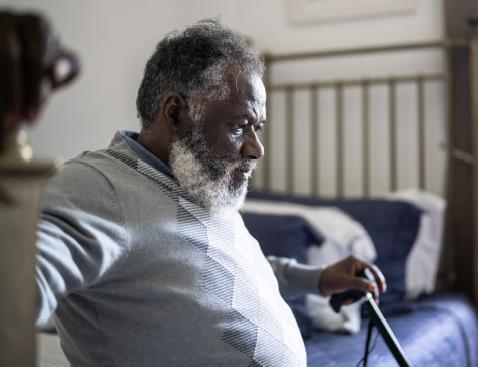Insurance barriers affect certain patients more often, new data show – and with worse downstream effects. The findings appear in a new report from the Institute for Patient Access, “Health Disparities and Medication Access.”
Based on 2019-2021 insurance claims for 3.74 million people, the Institute for Patient Access found that Black and Hispanic patients with asthma, cardiovascular disease and chronic kidney disease are more likely than their white peers to have their prescriptions rejected by their health plan. They later experience disproportionately higher rates of hospitalization and ER admissions.
Unequal Medication Access
Insurers often use utilization management practices like prior authorization to protect profits. But they do so at patients’ expense, limiting access to prescribed medications.
IfPA’s report highlights how such insurance barriers affect patients of color more often than white patients.
Key Findings:
- Commercially insured patients. Black and Hispanic patients with chronic kidney disease had claims rejected 40% and 41% more often than white patients did, respectively.
- Medicare beneficiaries. Hispanic patients with cardiovascular disease had claims rejected 40% more often than white patients. And Black patients with cardiovascular disease had claims rejected 25% more often than white patients did.
Worse Health Outcomes
Inadequate access to prescription medications can worsen patients’ conditions and overall health. Black and Hispanic patients not only experience higher rates of medication rejection, but also experience worse outcomes than white patients as a result.
The report shows that, among patients whose prescription medications were rejected twice or more, Black and Hispanic patients fare worse than their white peers do.
Key Findings:
- Commercially insured patients. For all disease states examined, Black and Hispanic patients are more likely than white patients to visit the emergency room. Black patients are also more likely than white patients to be hospitalized.
- Medicare patients. Black and Hispanic patients with cardiovascular disease visit the ER 46% and 40% more often than white patients, respectively. They are hospitalized 21% and 15% more often.
The report also finds that Black and Hispanic patients are less able to tolerate high out-of-pocket costs, less likely to use a co-pay card and more likely to abandon their prescription.
The disproportionate rate and impact of utilization management stands to perpetuate or even worsen longstanding health disparities.
Learn more by reading the Institute for Patient Access’ “Health Disparities and Medication Access.”
Health Policy Today’s blog will resume on January 5, 2023, for another year of insights on health policy issues. Happy New Year!




